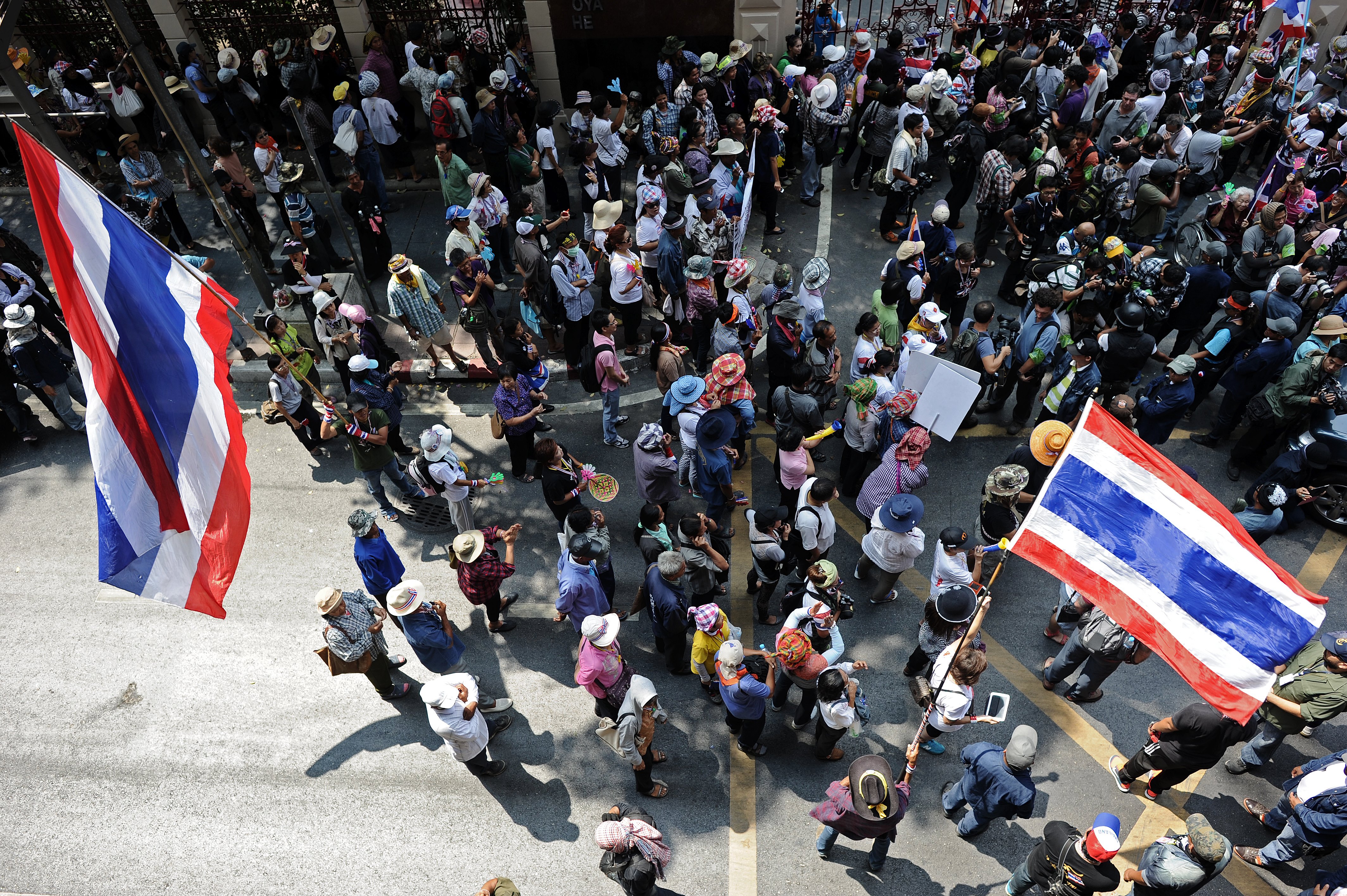March 7, 2019
After four years of military rule, the military’s credibility is at an all time low.
By the time the military holds elections on March 24, Thailand will have spent 1,767 days under military rule. During that time, dissent has been suppressed, freedom of expression has eroded, the press has been attacked publicly and privately by the government and the population will not have had a single say in matters of governance.
And yet a constant mantra that the military has chanted throughout that time has been the almost paternalistic “trust me.”
“Trust me, I am replacing the democratically-elected government for the good of the people.”
“Trust me, we need to lessen criticism of the junta for unity’s sake.”
“Trust me, this constitution is necessary to have elections.”
“Trust me, we will hold an election within a year.”

Empty Promises
But at each turn, even though the public has largely taken the junta’s promises and requests in good faith, the junta has done its utmost to rig proceedings.
In the first year alone, the junta promised and pushed back election dates at least three times, all the while maintaining that they were adhering to some nebulous roadmap that may or may not have existed. It was a theme that would be repeated throughout their rule.
They also rushed through a constitution, which went to referendum, that enshrines military rule including the appointment of the senate by the junta. While the constitution did go to referendum, the military only permitted debate over the clauses within the charter on officially sanctioned panels and shows. Criticism was met with suppression orders, dissent and protests were met with arrest.
The attempts to rig the legislature came to fruition in the last week when Deputy Prime Minister Prawit Wongsuwan was given free rein to pick all 250 members of the senate – the same body that will combine with the lower house to elect a prime minister after elections.
The military has enacted a 20-year action plan that all governments (even the opposition) must follow. According to Prime Minister Prayuth Chan-ocha, ““Whoever becomes the PM must chair the National Strategy Committee and follow it.”
Prayuth implied that the 20 year plan was irreversible and that if the ruling party wanted the country to prosper they would have to follow the guide comprehensively. One wonders if there is a tacit threat of another coup, should any party attempt to amend the charter or deviate from the action plan.
Of course, the likelihood that another party would take control of the government after election grows less by the day. In a thriving democracy, various organs of the state are expected to act independently to ensure the rule of law. Under the military government, the independence of each institution has been undermined and its credibility eroded.
The courts and anti-corruption commission has vociferously and vigorously gone after the former government finding Prime Minister Yingluck Shinawatra guilty of malfeasance. Yet the courts remained silent when it came to the matter of national parks, luxury watches and major acquisition deals that have taken the national headlines.
The Constitutional Court is also on the verge of banning one Shinawatra-backed party for running Princess Ubolratana as a candidate. The court may also disqualify several candidates of the Future Forward Party. Their crime? Criticizing the military.
All these possibilities and the way the election seems to be rigged paints a pretty murky picture of the Thailand to come after elections. What is clear is that the time to give the junta the benefit of the doubt and our trust is over. 1,767 days is too long.


